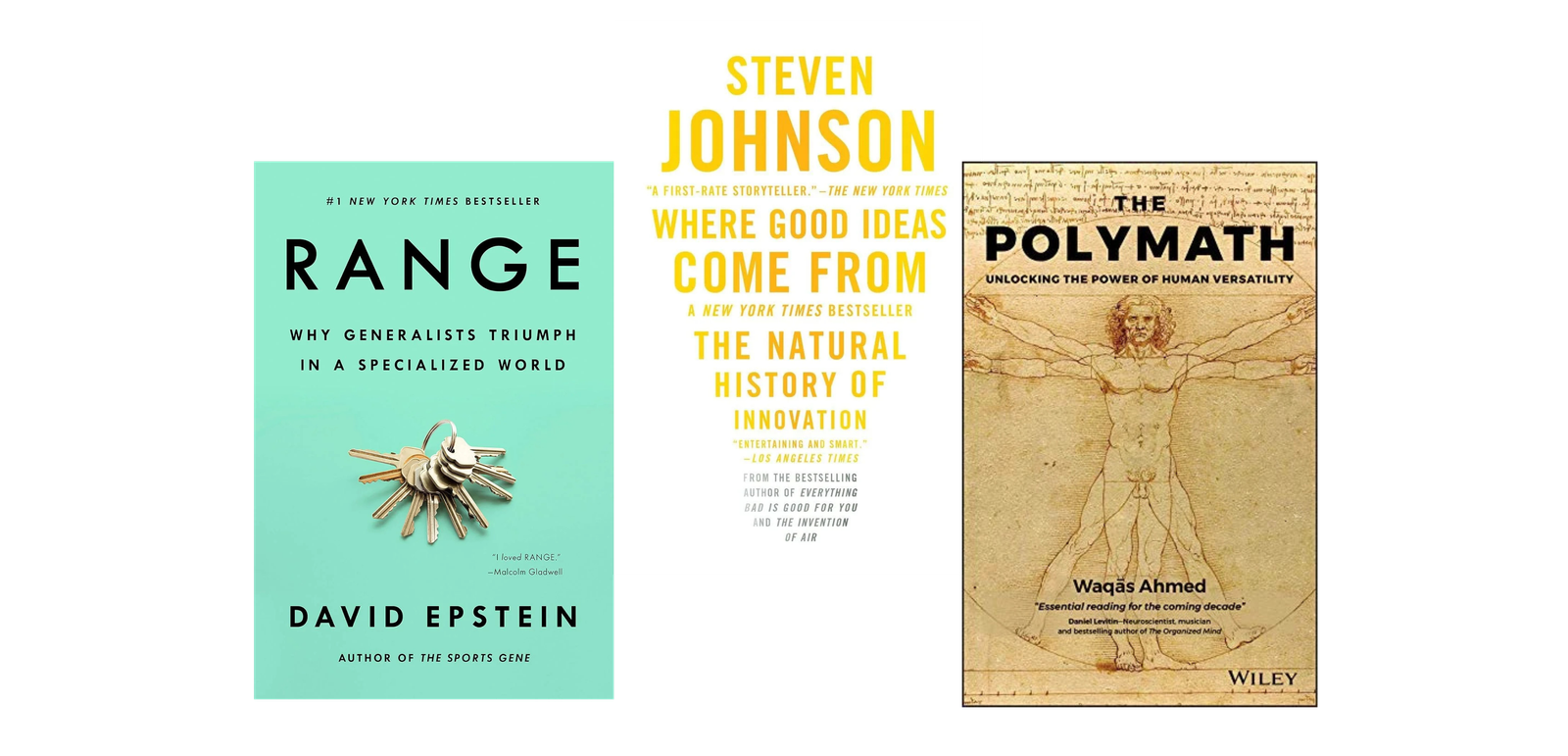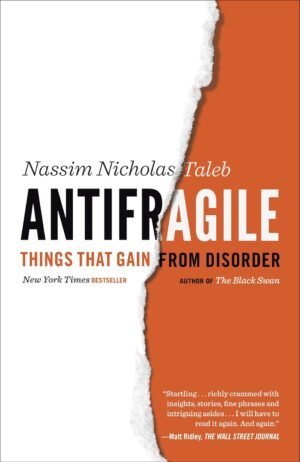Polymathic Aspirations: A Collection
Have you ever been curious to learn more about the type of thinking that led to the Renaissance in both the Middle East and Europe? Welcome to the world of Polymaths. You might have heard of them as a Jack of all trades and master of none; however, there’s an important addition that’s missed. They’re most often better than a master of just one trade.
“Jack of all trades and master of none, but most often better than a master of one.”
For years, I struggled because I wasn’t an expert in a specific field. Instead, I was a generalist, and I excelled in areas most people failed at. At work, I could be tossed onto any project in any discipline or domain and make it better. Yet even then, people would still challenge me because I didn’t have a credential, certification, or some other specific marker of expertise. It wasn’t until I read this book that I had a name for how my brain worked: Polymath. It should come as no surprise that this was the book that kicked off my entire adventure.
Polymathy is a way of thinking about the world differently and holistically. Instead of diving deeper into a specialization, it’s a mindset that steps back and takes multiple domains and disciplines into consideration. It’s an aspiration not an endstate that three crucial elements:
- Insatiable Curiosity
- Humility
- Intentional Reframing
So why these three books? Because they were the foundational texts that introduced me to these concepts and helped me develop this mindset. What is fun is that only one of them is really about polymaths. The other two add richness and texture to the idea without even knowing they’re harnessing an ancient superpower in polymathic thinking. (It took this aspiring polymath to pull these threads together)
- The Polymath: Unlocking the Power of Human Versatility by Waqas Ahmed is the foundation that introduced me to the idea of Polymathy. He explores history and uncovers the power of applying Polymathic thinking across a broad range of domains.
- Range: Why Generalists Triumph in a Specialized World by David Epstein challenges the conventional wisdom that early specialization leads to success. Instead, Epstein shows that generalists—those who explore a broad array of skills and knowledge—are more adaptable and innovative in complex, unpredictable environments.
- Where Good Ideas Come From by Steven Johnson uncovers the patterns and environmental factors that foster innovation and creative breakthroughs. Johnson emphasizes the importance of collaborative networks, diverse perspectives, and serendipitous discoveries in sparking new ideas.
- If you’re curious to learn more on how to apply the ideas from this book, check out these great and practical essays on the popular Polymathic Being Substack
$7.00 – $16.00
Product Details
Key Takeaways
- From The Polymath:
- Polymathy is a Superpower: In a world dominated by specialists, polymaths—people who excel in multiple fields—are uniquely positioned to solve complex, multidisciplinary problems.
- Historical Examples: From Leonardo da Vinci to Benjamin Franklin, history’s greatest innovators were polymaths who drew from diverse fields to fuel their creativity.
- Interdisciplinary Problem-Solving: Ahmed argues that in today’s rapidly changing world, interdisciplinary thinking is necessary for addressing the complex problems of the 21st century, from climate change to technological disruption to understanding what it means to be human.
- Embracing Versatility: Polymathy isn’t just for geniuses—anyone can cultivate a polymathic mindset by exploring new fields, pursuing diverse interests, and breaking down the silos of knowledge.
- From Range:
- Specialization vs. Generalization: Generalists are often better equipped to solve problems that require lateral thinking and creativity, while specialists may struggle in changing environments.
- Sampling Periods: Early career exploration and sampling across domains often lead to greater success in the long term.
- Lateral Thinking: Generalists connect disparate ideas and make creative leaps, leading to innovation in complex fields.
- From Where Good Ideas Come From:
- The Adjacent Possible: New ideas are often combinations of existing knowledge, emerging when people push the boundaries of what’s already known.
- Liquid Networks: Environments where ideas flow freely between different disciplines lead to greater innovation.
- Serendipity: Many groundbreaking ideas emerge from unexpected encounters or happy accidents, making exploration and experimentation crucial.
Why It Matters
In today’s fast-changing world, adaptability is key. Polymaths and generalists excel at integrating knowledge from various fields, making them essential for innovation and leadership. At Polymathic Disciplines, we encourage cultivating a multidisciplinary approach to learning and problem-solving to thrive in an unpredictable world.
Actionable Insights
- Embrace a generalist mindset by exploring multiple fields and connecting insights across disciplines.
- Allow your team to experiment with roles outside their core expertise to foster innovation.
- If you’re curious to learn more on how to apply the ideas from this book, check out these great and practical essays on the popular Polymathic Being Substack






Reviews